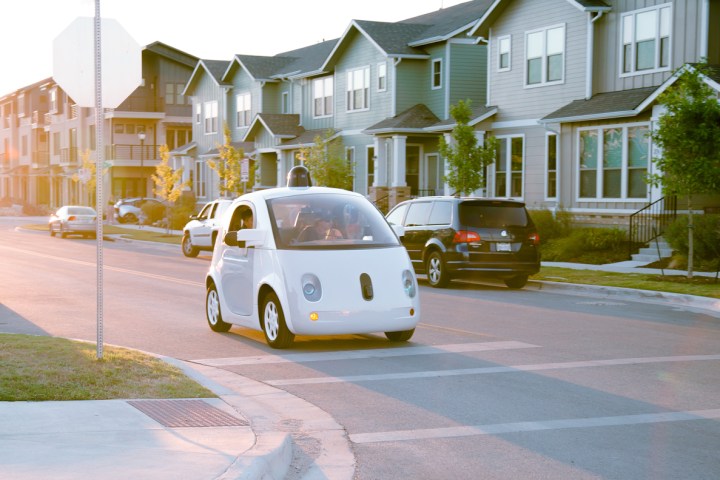
But Google is getting more serious about partnering with an existing carmaker to put this technology into production, John Krafcik, the company’s automotive boss, said at the Automotive News World Congress in Detroit last week. Krafcik said such partnerships will be his main goal this year, reports Car and Driver.
This echoes the attitude of Google co-founder Sergey Brin, who said last year that his company intends to collaborate with an existing manufacturer to put self-driving cars into production. He also said that Google would initially target car-sharing and ride-sharing services, rather than individual consumers.
There’s been much talk about a possible collaboration with Ford, but neither company has confirmed this. Ford CEO Mark Fields was mum on the topic during his presentation at CES, despite rumors that Ford would announce the partnership there. The Blue Oval is already committed to putting a self-driving car on sale, and at CES Fields also indicated that this car might be designed with sharing services in mind.
A post-CES report claimed Google and Ford were still in talks about a collaboration, with a proposed division of labor that would see Ford develop hardware and software relevant to the cars themselves, with Google adding its autonomous-driving systems. The report also claimed Ford is considering setting up a separate business unit to develop autonomous cars for ride-sharing services and fleets.
While it obviously has a lot to lend to any self-driving car program, Google probably will have to hustle a bit to get its technology into production cars. Several manufacturers are developing autonomous systems of their own, eroding Google’s technological advantage. Google may also want to avoid the complex business of building cars itself, although many believe rival Apple is heading in that direction.

